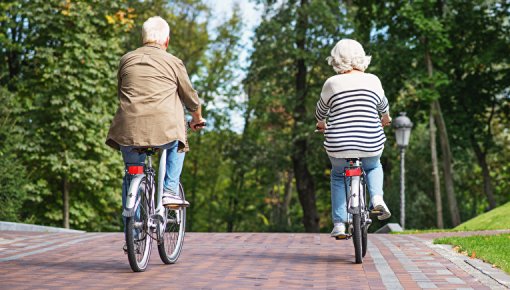I used alcohol to numb the loneliness
The price for that was little social contact and not many parties. I didn’t have time for that kind of thing. I often felt very lonely. At some stage, I thought it'd be interesting to see what effect wine had. I bought red wine because I thought it would be sweet. It tasted dreadful and gave me a headache. But at some point I “overcame” that phase. I never drank large amounts, but over time I did notice a pleasant effect. I felt safe, a little bit numb, and warm. I thought to myself: This feeling can help me get through the day and night. I mainly drank in the evening to get to sleep. That worked just fine until the end of my apprenticeship.
I had more money after my apprenticeship. Social advancement was my goal. And I wanted to surround myself with friends who had a better level of education than me. No beer or hard liquor was drunk in those social circles. We drank wine and thought of ourselves as ‘connoisseurs.’ It was all very sophisticated, accompanied by French food, for instance.
I later started a university degree. Trendy bars were starting to become popular at the time. We went to them in the evening; they had a pleasant atmosphere. Although we drank regularly, it was all done in moderation. It was an enjoyable time. We had lots of fun and a strong sense of belonging.
I never got drunk and would never have thought I had an alcohol problem. I just had that pleasant feeling when I drank. It soothed me. The alcohol was like a warming, protective jacket.

